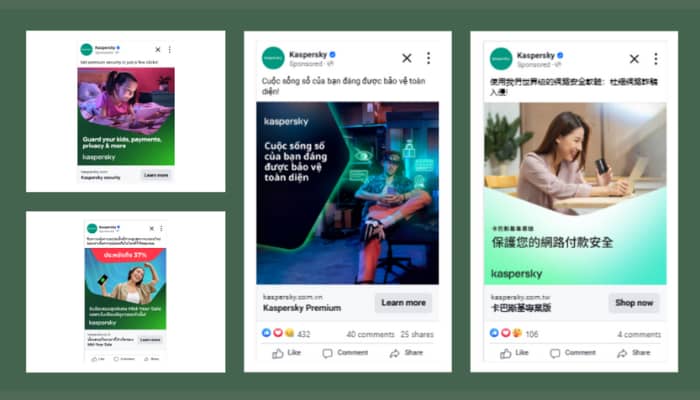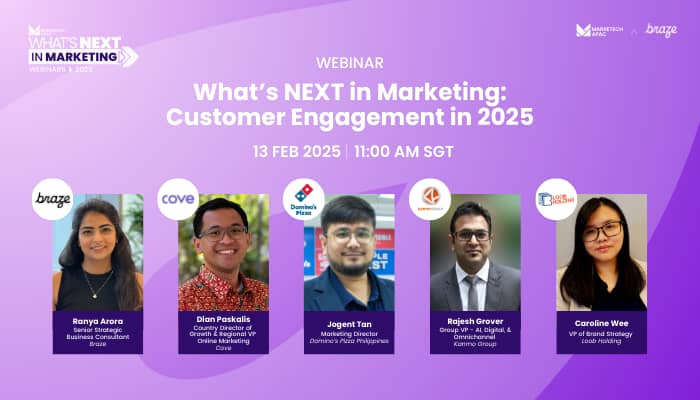New York, USA – Dentsu, in partnership with Adobe, have announced Adobe GenStudio dentsu+, a generative AI-powered, integrated marketing ecosystem for brands. The culmination of a decade-long relationship, Adobe GenStudio dentsu+ combines Adobe’s latest Content Supply Chain solution suite, GenStudio, with the power of dentsu’s proprietary integrated services, technology and audience intelligence.
Underpinned by dentsu’s Merkury, the offering gives marketers the power to efficiently reach and engage audiences in a highly scaled and personalissed manner, driving more in-the-moment experiences and bringing consumers even closer to the brand.
Adobe’s GenStudio solution brings together applications across Adobe Experience Cloud and Adobe Creative Cloud—including Adobe Experience Manager, Adobe Express, Adobe GenStudio for Performance Marketing and Adobe Workfront, as well as on-brand generative AI capabilities with Firefly Services and Custom Models—all into one combined ecosystem for helping brands plan, create, manage, activate and measure content at scale.
The solution enables marketing teams to create the experiences required to drive impactful, personalised marketing campaigns. By integrating with dentsu’s own audience intelligence, creative insights and translation capabilities, Adobe GenStudio dentsu+ enhances Adobe’s suite of services to deliver impactful experiences for clients.
Adobe GenStudio dentsu+ also delivers on the combined power of creative, production, media, and digital experience, leveraging dentsu’s unique Merkury data sources. The solution sets a new benchmark for how marketers can fully utilise Adobe, while effectively targeting millions of customers and prospects in a way that speaks to them individually—not only delivering on customer expectations but also bringing them closer to the brand through each interaction.
In addition, marketers can now gain a single view across campaign management, content supply chain, and identity mapping, underpinned by dentsu proprietary AI solutions, creating opportunity to lower waste, increase efficiency, and drive engagement.
Abbey Klaassen, global brand president at Dentsu Creative & CEO and Dentsu Creative US, said, “Adobe GenStudio dentsu+ is a direct response to CMOs demanding holistic marketing platforms to drive new growth and provides integrated marketing technology and services that can supercharge business transformation.”
She added, “It’s testament to dentsu’s deep relationship with Adobe that we’ll be able to bring this industry-first solution to market to enable brands to stand out from the sea of sameness and build a competitive advantage. As one of the first users ourselves, we’re already seeing synergies created with our other products and services, and expect clients will have the same experience, finding opportunities both for their in-house teams and their work with their agencies.”
Meanwhile, Brent Rudewick, vice president for Adobe GenStudio and Workfront at Adobe, commented, “Marketers are operating in an environment now where the need for personalised and performant content is outstripping available resources, a challenge that Adobe GenStudio addresses by optimizing a brand’s content supply chain.”
He added, “Adobe and dentsu have a longstanding partnership that focuses on delivering tailored solutions for brands. Now, combining GenStudio with dentsu’s audience intelligence and consultancy, we have the opportunity to activate generative AI for different teams, reshape longstanding workflows around content production and deliver on-brand performance at scale.”
Lastly, Shirli Zelcer, chief data and technology officer at dentsu, stated, “Bringing together these innovative capabilities for the first time creates total business impact for our clients. What we have built alongside Adobe is an adaptive, end-to-end content supply chain solution, in which we can create always-on, always-ready experiences with the least amount of waste.”
She added, “Brands no longer have to try and piece together disparate systems and data—they can do it all in one place. Adobe GenStudio dentsu+ will not only drive better outcomes, but it will save time and add scale to marketing teams already under considerable pressure.”










